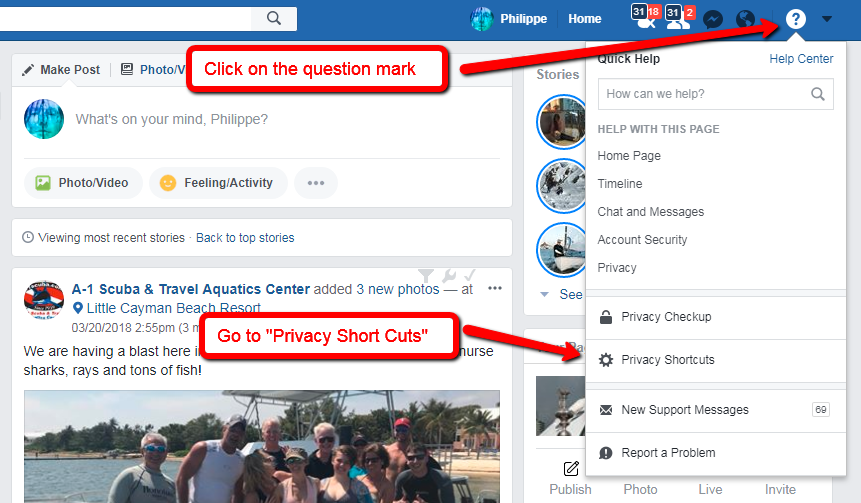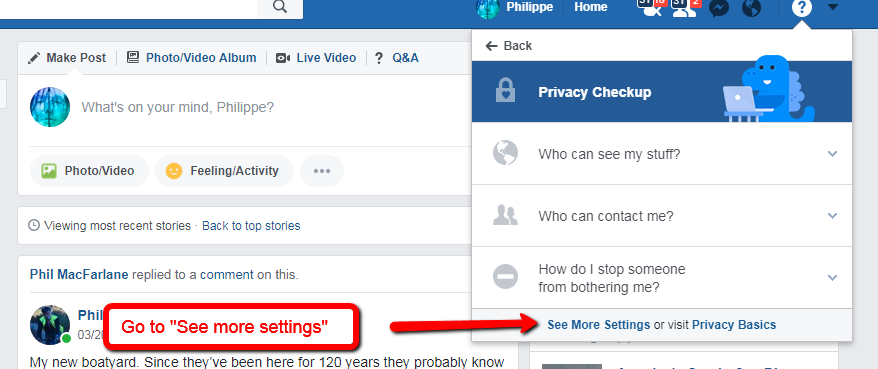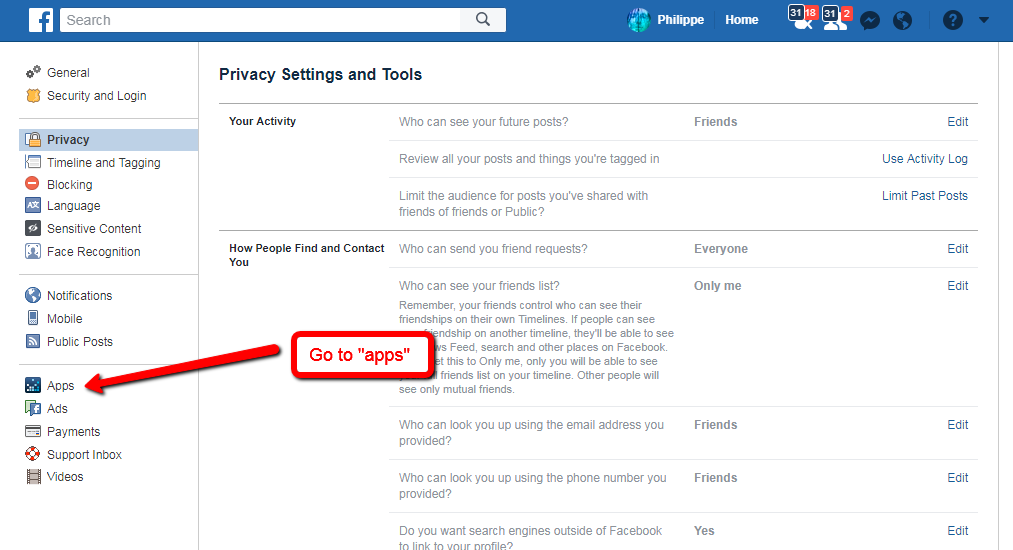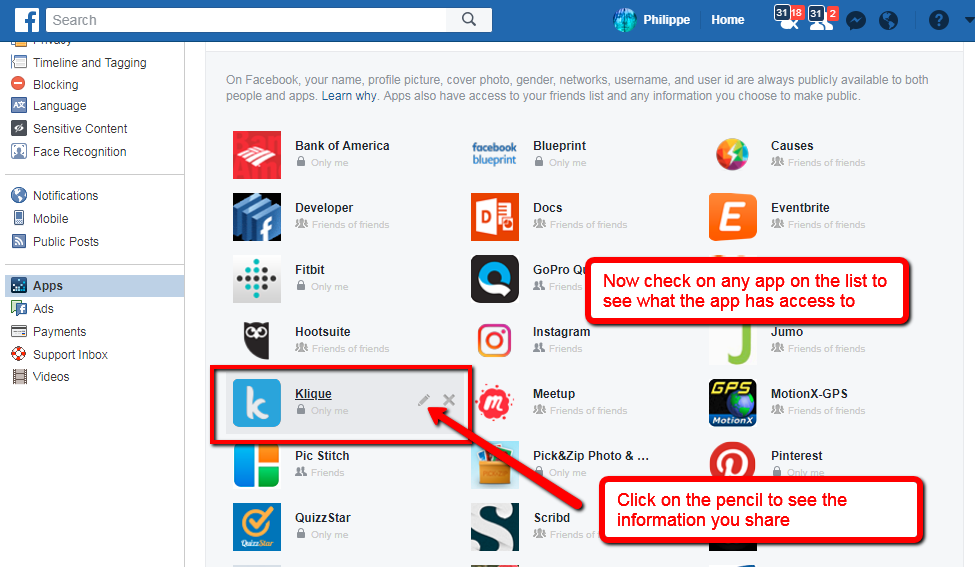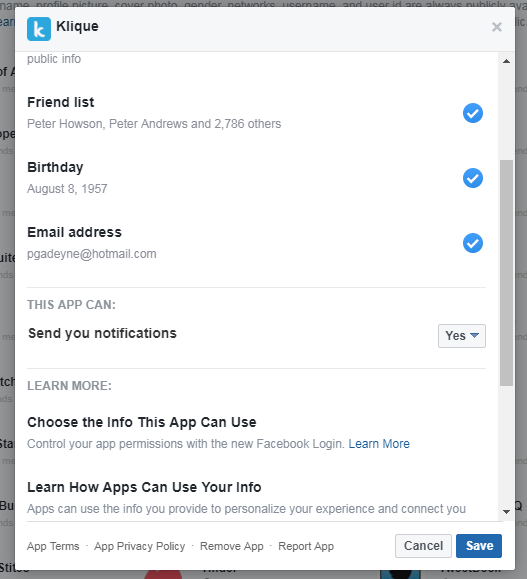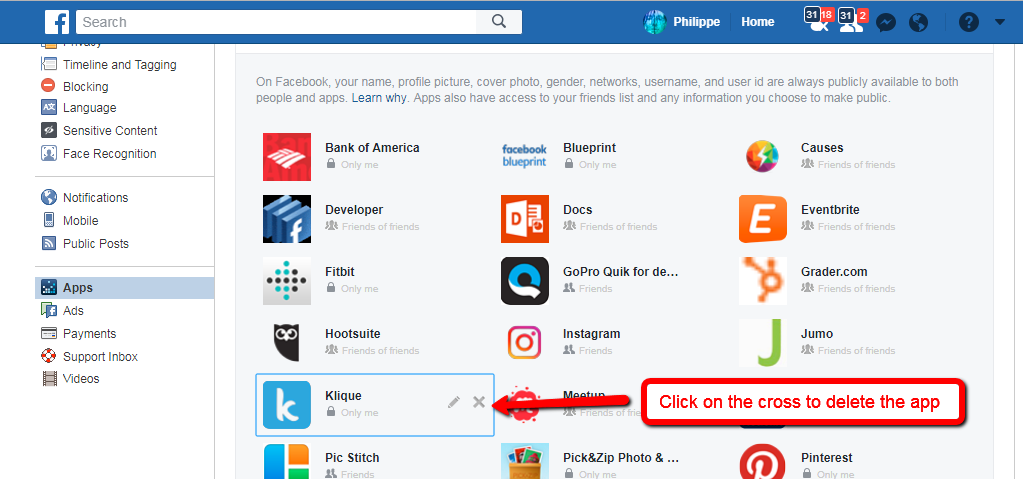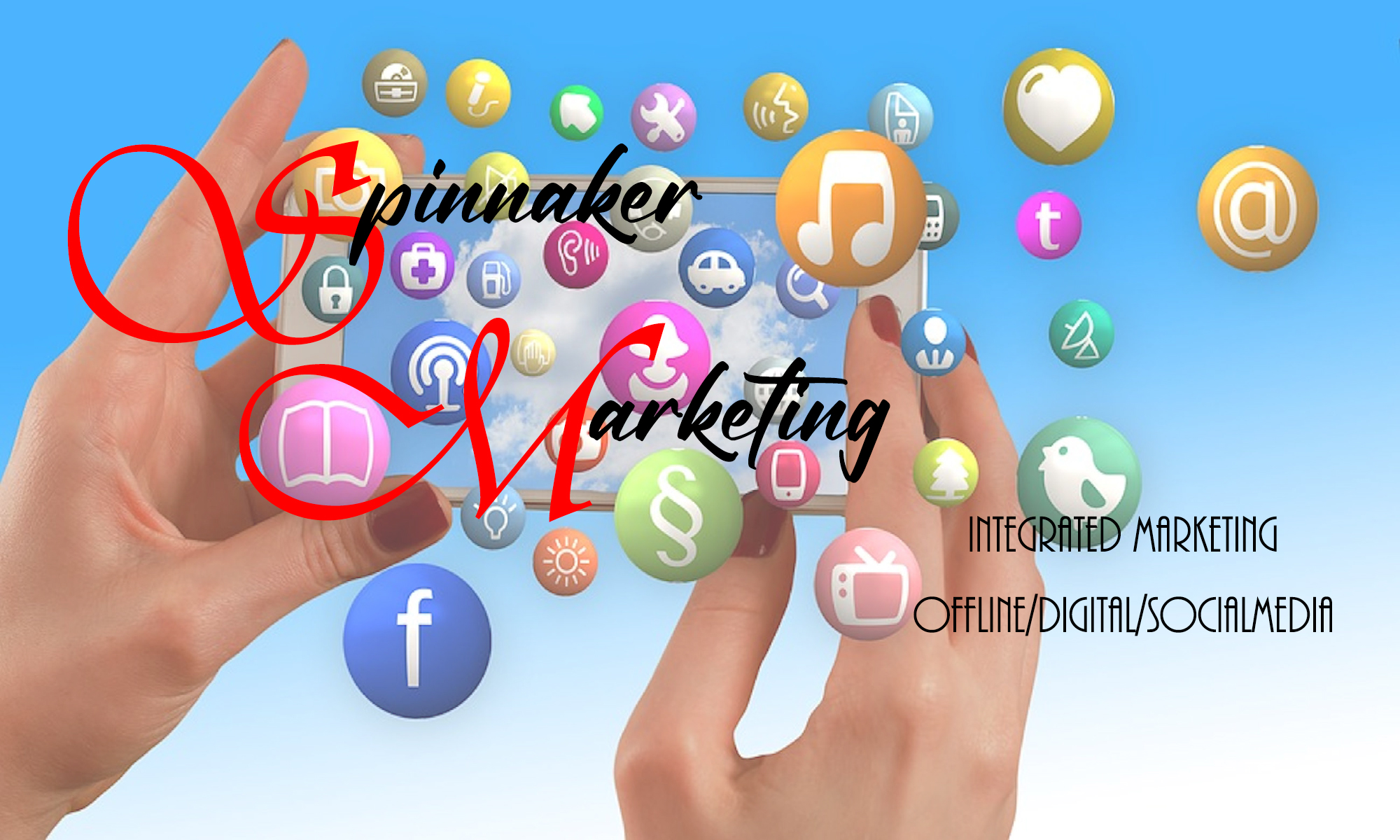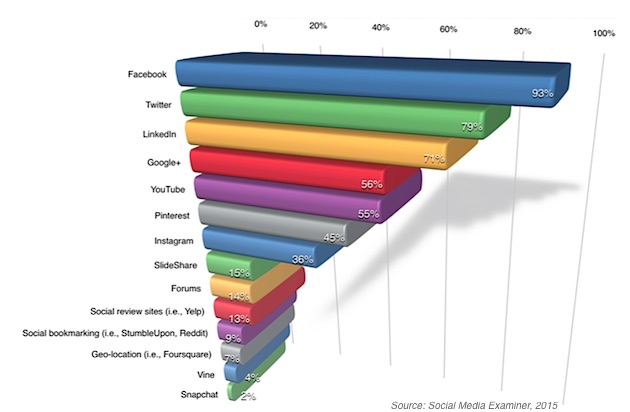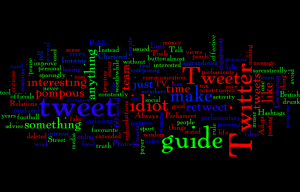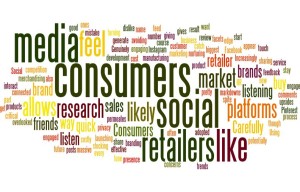Facebook app privacy check
How do you do a Facebook app privacy check? With all the bad privacy news emerging this past weekend, now is a good time to check your settings, especially which app you, wittingly or not, allow to dig into your personal information and allow to have access to your friends.

Photo courtesy blogtrepreneur
First, to understand what happened, let’s start from the beginning.
in 2015, a company called Cambridge Analytica, working on election campaigns was looking for extensive data to perfect their analytics model targeted at precisely influencing electoral behavior
One problem though, they did not have access to that massive amount of information
Comes in Cambridge professor Aleksandr Kogan. He creates a Facebook app called “thisisyourdigitallife” described as a tool used by psychologists
Facebook users open the app, by the same token allow the app to collect information about them and their friends.
Now, if that was the end of the story, no big deal, Facebook allows researchers to mine the data for research and academic purpose but Aleksander Kogan then crosses the line and sells the data collected from 50 million Facebook users to Cambridge Analytica.
Cambridge Analytica then uses the massive amount of data to micro target voters for the Trump campaign
The moral of the story, be very careful as to what information you allow apps to have access on your Facebook profile. Before you can open any app the creators are supposed to tell you what information the app will access. Don’t just click yes and think if using the app is worth giving away that information
As we saw in this case, not all data collections are innocent and even if they are, there is no guaranty they won’t be used for nefarious purpose later on.
What now you will ask?
I bet you have given many apps access to your data, now is a good time for a privacy check and a clean up
